By Chandler MHM Limited
On 16 December 2019, the National Energy Policy Committee approved, in principle, the purchase of 700 MW of power generated from renewable resources under a Feed-in Tariff Scheme from community-based power projects (“Projects”).
Community-based projects included in the approval, and purchase prices for each, are as follows:
| Resources | Price (Bt/Unit) | |
| Solar | 2.90 | |
| Bio-mass | ≤3MW: 4.8482 | >3MW: 4.2636 |
| Bio-gas (wastewater/waste) | 3.76 | |
| Bio-gas (energy crops) | 5.3725 | |
| Bio-gas (hybrid energy crops and wastewater/waste) | 4.7269 | |
Power Purchase Agreement
Power purchase agreements for Projects will be non-firm agreements, whereby the power producer will not be obliged to supply a fixed amount of power to the power purchaser. The power producer will be prohibited from using fossil fuel to support power generation.
Scheduled Commercial Operation Date
The Scheduled Commercial Operation Date for these Projects will be as follows:
- for participating power projects that are currently under construction (Quick Win), within 2020; and
- for other participants, from 2021 onwards.
Selection Criteria
The selection committee will consider offers from the bidders of the Projects based on following criteria:
- the contracted capacity is not more than 10 MW;
- benefits and returns that the community will receive (from the highest to the lowest); and
- projects under Quick Win will be given priority.
Partnership with Community
The bidders (private companies, or joint investments between private companies and state entities) will be required to jointly invest in the Projects with local communities. The local communities can hold shares in the Project ranging from 10-40%. The bidder must implement a profit sharing scheme whereby revenue from the sale of electricity, before deduction of expenses, has to be distributed to the local communities’ fund in the following ratios: for bio-mass and bio-gas, not less than 25 satang/unit; and for hybrid solar, not less than 50 satang/unit. The bidder will also be required to enter into a resources purchase agreement, in a form of ‘Contract Farming’, with the local communities to ensure the quantity, quality and price of the resources to be supplied by the local communities.
This partnership will result in the local communities benefiting from revenue generated
|
Key Contacts Jessada Sawatdipong Hiroki Kishi Sarunporn Chaianant Suphachok Saengarun Chandler MHM Limited |
by the Projects from supplied resources, the Projects’ dividends and electricity price reductions.
The Energy Regulatory Commission (“ERC“), the Electricity Generating Authority of Thailand and the Department of Alternative Energy Development are now discussing the locations and the feeders for the Projects before considering the criteria applicable to the Projects. Once those details are settled, the ERC will promulgate a notification to purchase power from the Projects.
Chandler MHM will continue to monitor issues that may arise, or further development with regard to the community-based power projects.
This publication is intended to highlight an overview of key issues for ease of understanding, and not for the provision of legal advice. If you have any questions about this publication, please contact your regular contact person(s) at Mori Hamada & Matsumoto or Chandler MHM Limited, or any of the Key Contacts listed in the far-right column.






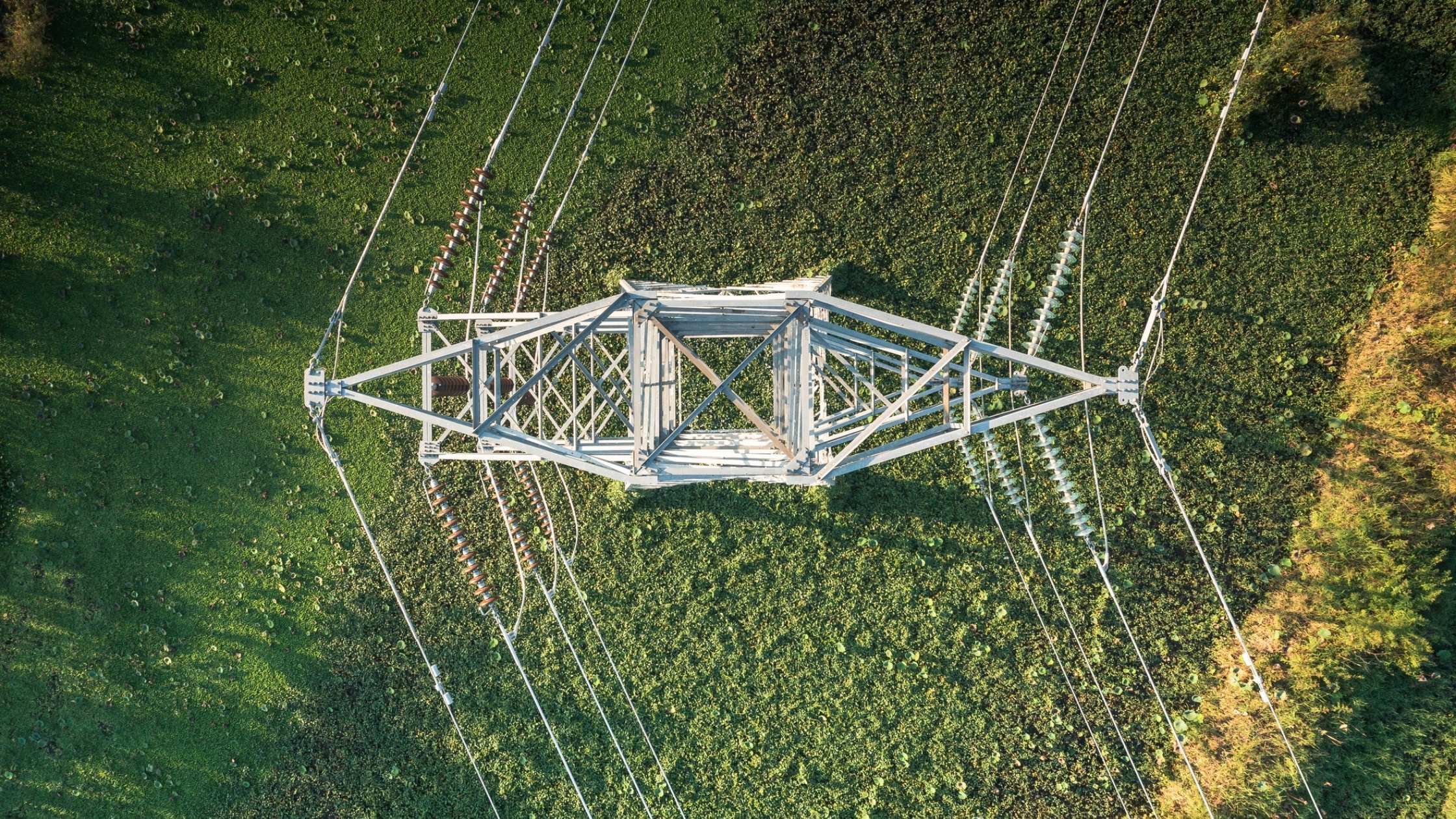
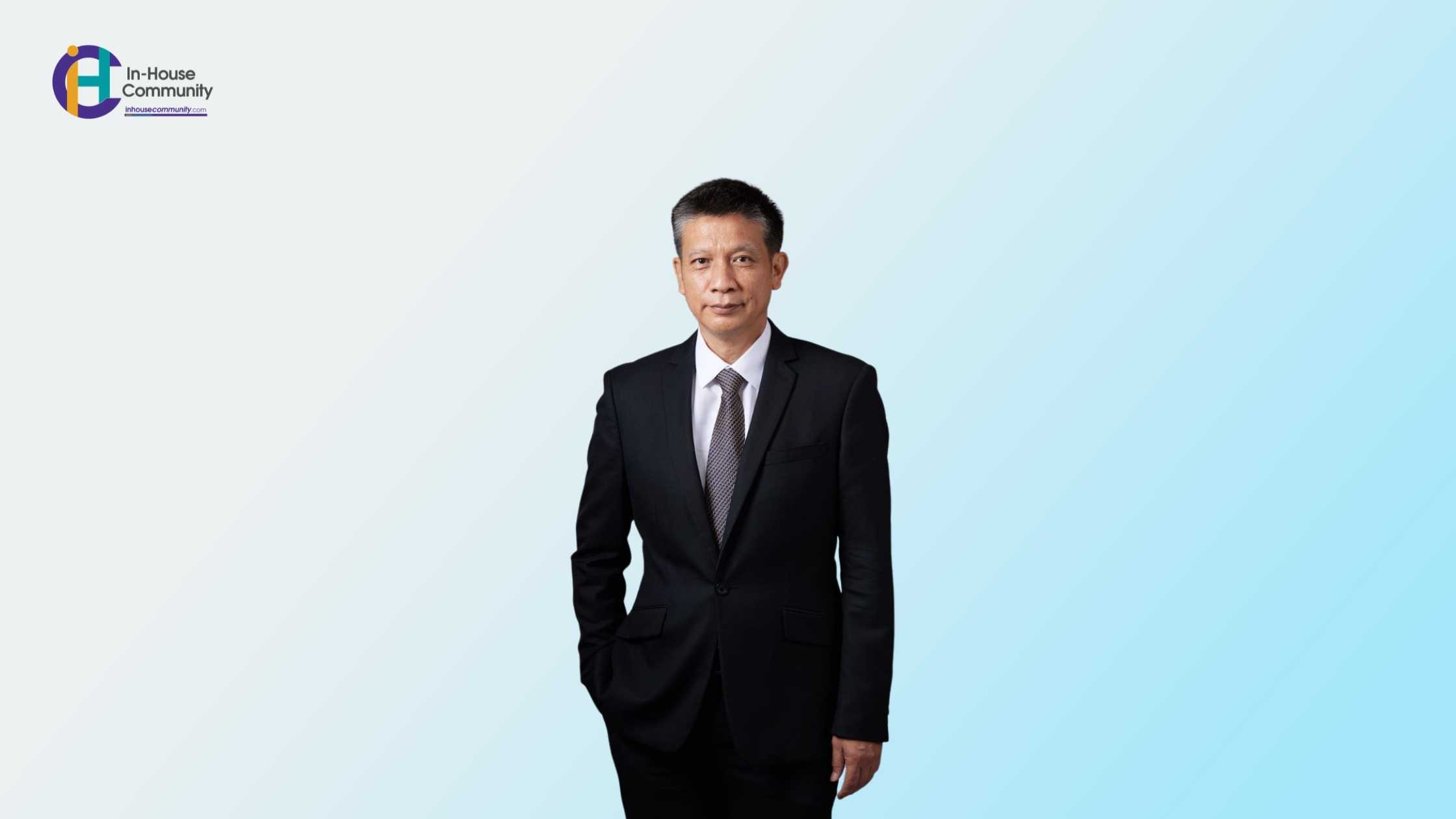





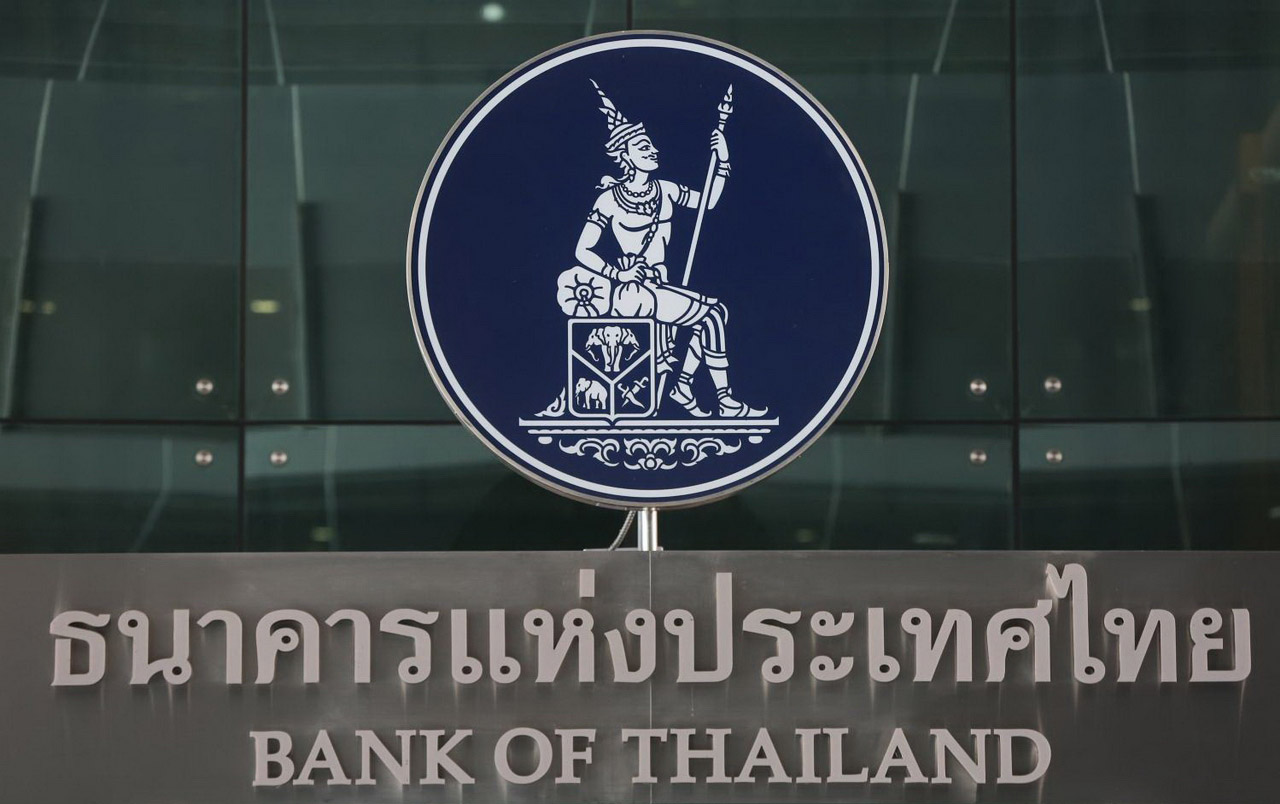


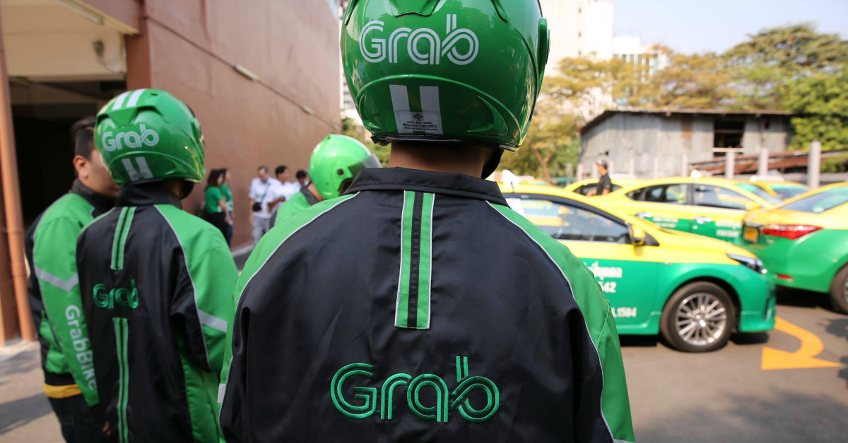







































 Chandler MHM Limited
Chandler MHM Limited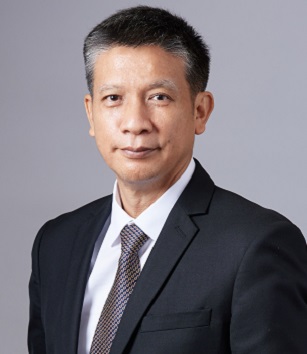 Jessada Sawatdipong
Jessada Sawatdipong







